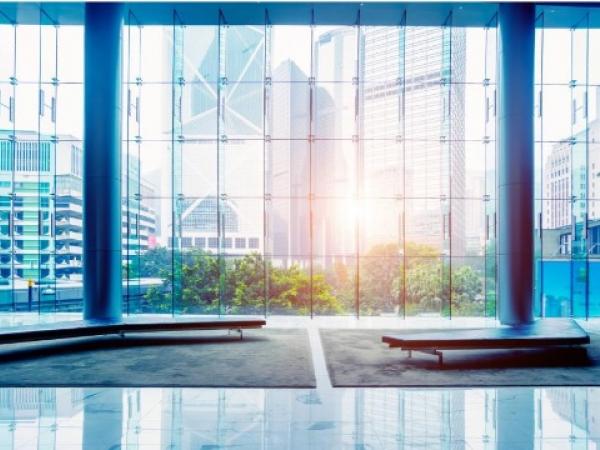
Date: 14 June 2016
This study, commissioned by Glass for Europe, is the first of its kind in terms of depth of analysis on this topic and methodology.
It provides useful insight into the realities of a building material whose recycling potential is not yet fully utilised.
In a first part, the study provides the most elaborated quantification of building glass waste where so far only rough estimates were available.
Based on the in-depth analysis of six pilot countries and a rigorous statistical methodology, it is found that the total glass waste arising from renovation and demolition of buildings in the EU in 2013 approached about 1.5 Million tonnes, of which 58% originates from the residential sector and 42% from the tertiary sector.
The study of six countries, i.e. France, Germany, Italy, the Netherlands, Poland and the United-Kingdom, also helped identify best practices and pilot projects in the field of building glass waste.
In a second part, the study analyses the environmental and economic costs and benefits of different end-of-life routes for building glass waste. It finds that significant environmental benefits can be expected from improved recycling of building glass waste be it in terms of saving carbon emissions, avoiding waste going to landfill and saving virgin raw material.
The economic modelling proved however to be more difficult as consultants were faced with a lack of reliable data and the confidential nature of information in this field.
Although the study shows some interesting trends, such as the generally higher cost of the recycling route compared to landfilling, the differences between light renovation and building demolition, the importance of the proper collection infrastructure at source, the impacts of transport distances and the need for solutions fitting the regional contexts, etc. data and exact results ‘should be considered with care’ according to the consultants themselves.
According to Bertrand Cazes, Secretary General of Glass for Europe, ‘This study from Deloitte Sustainability is extremely insightful. Because of the study’s exploratory nature, the findings from the consultants need to be thoroughly investigated, complemented and why not re-evaluated in new pieces of work. This study contributes to bridging the knowledge gap, which is essential if we are to make progress in the recycling of building glass across Europe’s regions.’
.jpg)
THE STUDY BY DELOITTE SUSTAINABILITY
Title: Economic study on building glass recycling in Europe, April 2016.
Authors: Deloitte Sustainability – Mathieu Hestin, Sarah de Veron & Stephanie Burgos
Read to the study
Disclaimer: Data and findings presented in the study and the below summary only represent the work of the authors without endorsement by Glass for Europe. The analytical output expressed in this report does not imply a position of Glass for Europe nor the position of its member companies, unless otherwise stated in the report.
Some findings from the study
- The total glass waste arising from renovation and demolition of buildings in the EU in 2013 approached about 1.5 Million tonnes, of which 58% originates from the residential sector and 42% from the tertiary sector.
- Glass recycling’s global benefits in terms of overall CO2 emissions savings reach in average 260 kg CO2 eq/t (i.e. net CO2 gains after discount of transport & treatment costs) when recovery with other C&D waste, as aggregate for landfilling, has a net cost of 4 kg CO2 eq/t.
- The proper recycling of all building glass waste compared to the business-as-usual scenario could avoid 925.000 tonnes of landfilled waste every year and could save around 1.23 million tonnes of primary raw materials annually (of which 873.000 tonnes of sand).
- These findings points to the fact that the economic balance of building glass recycling in glass making is not attained under current conditions.
- The study shows quite clearly how both the environmental benefits and the economic balance are heavily affected by transport distances and the quality of the infrastructure to collect and sort waste glass adequately, which is paramount to minimize treatment needs.
- Regarding infrastructures, the study of the six pilot countries brings to light the variety in building renovation or demolition practices, the different involvement of professionals as well as the diversity in the collection and treatment schemes linked to the proximity (or not) of glass treatment plants and glass makers ready to use the recovered glass.
About Glass for Europe
Glass for Europe is the trade association for Europe’s manufacturers of flat glass. Flat glass is the material that goes into a variety of end-products and primarily in windows and façades for buildings, windscreens and windows for automotive and transport as well as glass covers, connectors and mirrors for solar-energy equipments. Flat glass is also used for many other applications such as furniture, electronics, appliances, etc.
 600450
600450


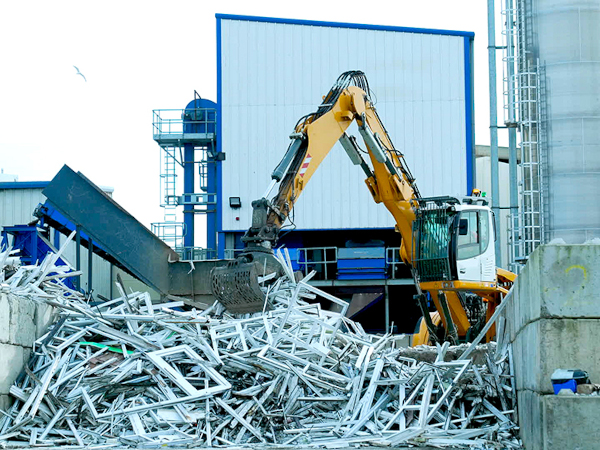
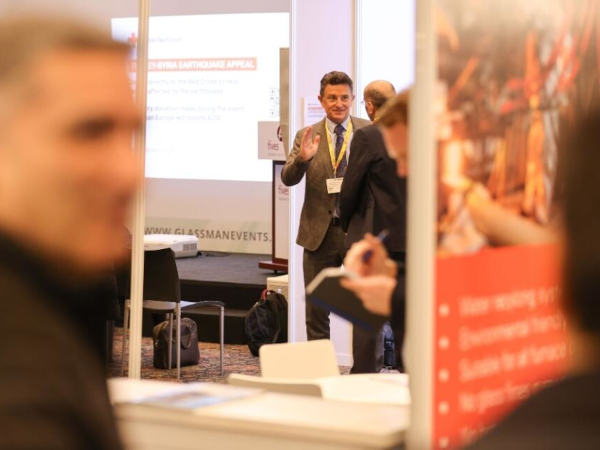
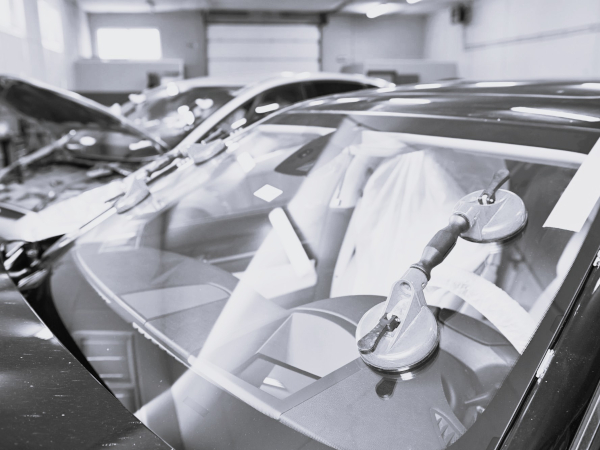
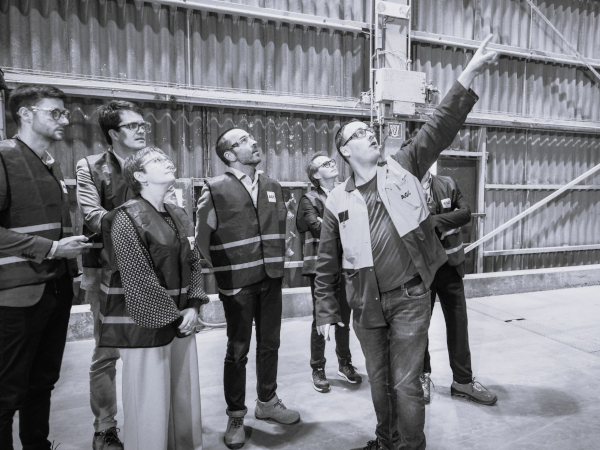
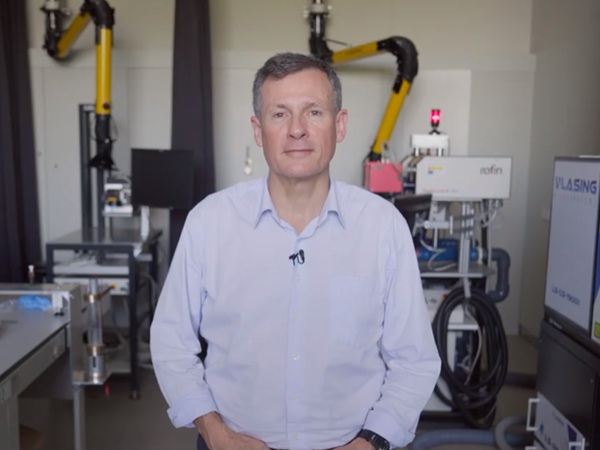
Add new comment